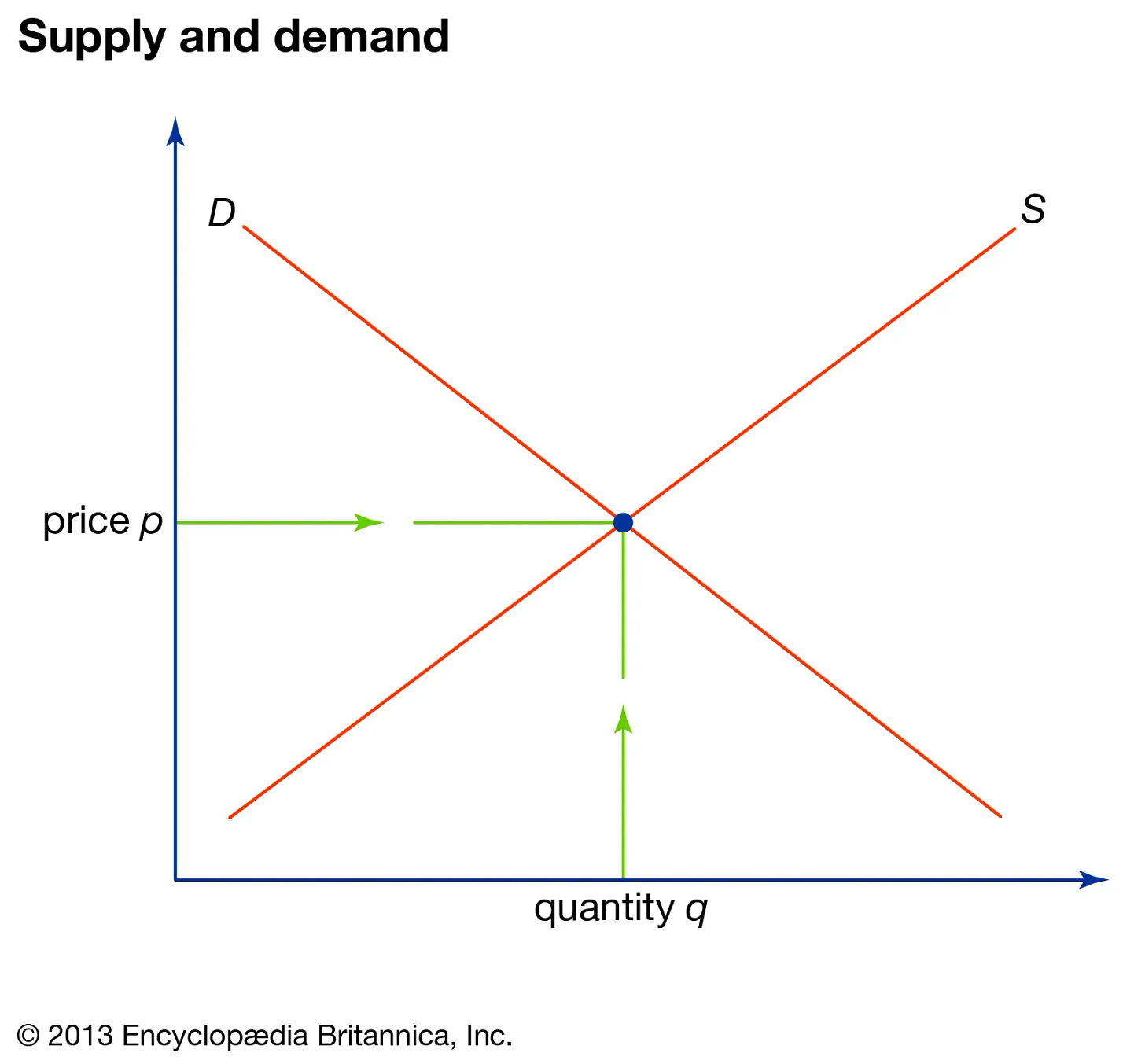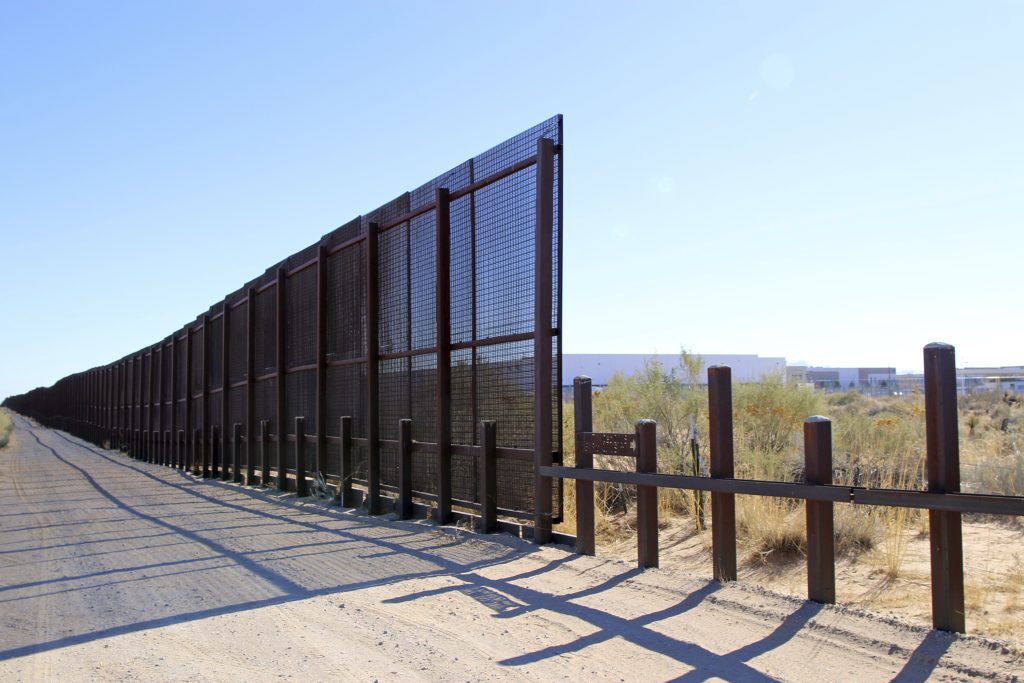Corporate interests say we need more foreign workers, even to the extent that we must grant amnesty to illegal aliens. I disagree. It’s time to hire American again.
Last Friday, Rep. Jaron Crane introduced House Bill 297, which would create a class of year-round guest workers for Idaho’s agricultural industry. It sparked a firestorm on social media. Theo Wold, former solicitor general of Idaho and one of the architects of immigration policy in President Donald Trump’s first term, called H297 a “clear effort to undermine the Trump administration’s ongoing efforts to remove illegal aliens from the U.S.” He said the bill is unconstitutional, as only the federal government has the authority to regulate immigration and naturalization.
Rep. Crane has gained a reputation as an immigration hardliner in the Legislature, so seeing this bill was surprising. Earlier this session, he sponsored House Bill 83, making illegal entry a state-level crime. Keep in mind that this was only a print hearing, and I’m told that the bill will go no further in the process. If the point was to start a conversation about our broken immigration system, then he succeeded.
The bill would create a guest worker system for Idaho’s agricultural operations. The part which jumped out at many conservatives was in the definitions:
“Guest worker” means an undocumented individual who receives an Idaho guest worker permit to provide labor for a year-round agricultural employer through participation in the Idaho guest worker program established in this chapter.
“Undocumented individual” means a person who lives in the United States without legal immigration status.
The current H-2A visa system allows foreign workers to fill temporary or seasonal positions when there are not enough American workers available. Many agricultural jobs are now expected to rely on foreign labor; I’ve even heard that American workers who don’t speak Spanish may not be considered for certain positions. In Idaho, industries that require year-round labor, such as dairy operations, are not eligible for H-2A visas. For years, their lobbyists have pushed the federal government to expand the program to include them.
Under the current system, foreign workers must apply for H-2A visas before entering the country. However, a system like the one proposed in H297 would allow illegal aliens already in Idaho to apply for a new guest worker program. This proposal would give the agricultural industry what it has long demanded, with the added bonus of implicit amnesty for illegal aliens.
Recall that the lobbyist for the Idaho Dairymen’s Association stated last year that 70% of dairy industry workers could potentially fail a visa audit, meaning they are likely illegal aliens. While H297 explicitly states that undocumented guest workers could still be subject to federal immigration enforcement, I believe this moves the conversation in the wrong direction.
At a higher level, normalizing foreign workers as the backbone of certain industries is both unpatriotic and a distortion of the free market. The market operates on supply and demand: when demand is high and supply is low, prices rise due to competition. On the other hand, when supply is high and demand is low, prices fall as sellers lower prices to attract buyers. When supply and demand are balanced, we say that the market has reached equilibrium.

The same calculation applies to the price of labor, which is what is going on when you’re looking for a job. Companies want to buy labor at a certain price, while workers want to sell labor at another. Eventually this too reaches equilibrium. Low-skill jobs, such as fast food, often pay low wages because the supply of workers willing to take these jobs is high. On the other hand, something like NFL quarterback is a job that perhaps two or three dozen people in the world can do, so wages are high.
Fast food wages have risen in recent years. Why? Because enough potential workers refused to sell their labor for less than $15 per hour. This is why minimum wage laws contradict basic economic principles: they impose an artificial floor on labor costs, distorting the market and leading to unintended consequences.
When agricultural businesses claim they need foreign workers to “do the jobs Americans won’t do,” what they really mean is that not enough Americans are willing to work for the wages they offer. Instead of raising wages to attract workers, these businesses have circumvented the free market by importing foreign labor willing to work for less.
As with the H-1B visa scam, this system has operated for so long that American workers are effectively locked out of the market at any price. Rather than raising wages, agricultural firms pay lobbyists to pressure lawmakers into creating ever more regulations allowing them to build a permanent servant class of foreign workers. These workers, in addition to accepting lower wages, have significantly less freedom than American employees. Their visa terms often tie them to a specific employer, eliminating concerns that they might quit for a better job. They are also less likely to report workplace issues for fear of losing their visa.
Idaho lawmakers should be working to restore a system in which American companies hire American workers, rather than expanding the current guest worker system. Unfortunately, entrenched institutional power supports the current system. Ag businesses want cheap, compliant labor. Democrats see potential future voters. Libertarians shrug, calling it the free market at work.
Yet we must remember the purpose of the market. Citizens do not exist to serve the free market; rather, the free market exists to serve citizens. American businesses and government should work for the common good of the American people. Beyond cultural concerns, mass migration distorts markets from housing to healthcare. Expanding access to year-round foreign workers, including those currently here illegally, would only deepen these distortions. Ag lobbyists ask us if we’re willing to pay $5 for an avocado in exchange for hiring American workers, but are we willing to continue watching the cost of living skyrocket due to mass migration?
There are better ways to address mass migration and enforce laws against illegal immigration at the state level. In fact, the time to act is now, as we finally have an ally in the federal government rather than an adversary. Immigration consistently ranks as the most important issue for voters nationwide. The iron is hot, so now is the time to strike. If the purpose of H297 was to start a conversation, then let’s have the conversation.
Here are some things Idaho can do now to address the problems of illegal immigration:
- House Bill 252, sponsored by Rep. Jordan Redman, is a good start. It would require employers to verify their employees’ immigration status through E-Verify, ensuring illegal aliens are not hired in the first place.
- House Bill 83, sponsored by Rep. Jaron Crane, makes illegal entry a state crime, which gives law enforcement more tools to deport criminal aliens. It passed the House on a party line vote but has been sitting in Senate State Affairs for two weeks.
- Do we even know how many illegal aliens are in Idaho? What about in our schools, jails, and welfare system? Wouldn’t that be valuable information for the Legislature, law enforcement, and the public? Yet Democrats and moderate Republicans recently killed a bill aimed at collecting such data.
- What about refugees? How many arriving under that status are genuine refugees, and how many are simply illegal aliens being trafficked here? How much state and federal funding is flowing to refugee resettlement agencies? That would all be good information for us to have, information the Legislature could force into the open.
- What about requiring county sheriffs to establish cooperation agreements with federal Immigration and Customs Enforcement (ICE)? Local law enforcement agencies can enter into 287(g) agreements with ICE to ensure that illegal aliens picks up for various crimes are held until they can be deported. Last year, ICE reported that several Idaho counties were not fully cooperating; the Legislature could ensure local law enforcement fully aligns with federal immigration enforcement efforts.
Reforming our immigration system is the defining issue of our time. Democrats will call us racist, corporate Republicans will call us anti-free market, but it doesn’t matter. Either we have a country, or we don’t. Last year, at the same hearing in which the dairy industry lobbyist admitted that up to 70% of their workers were potentially illegal, I spoke out in favor of enforcing our laws, and against creating a permanent servant class of foreign workers. I stand by those words today:
Gem State Chronicle is a reader-supported publication. To receive new posts and support my work, consider becoming a free or paid subscriber.
About Brian Almon
Brian Almon is the Editor of the Gem State Chronicle. He also serves as Chairman of the District 14 Republican Party and is a trustee of the Eagle Public Library Board. He lives with his wife and five children in Eagle.













